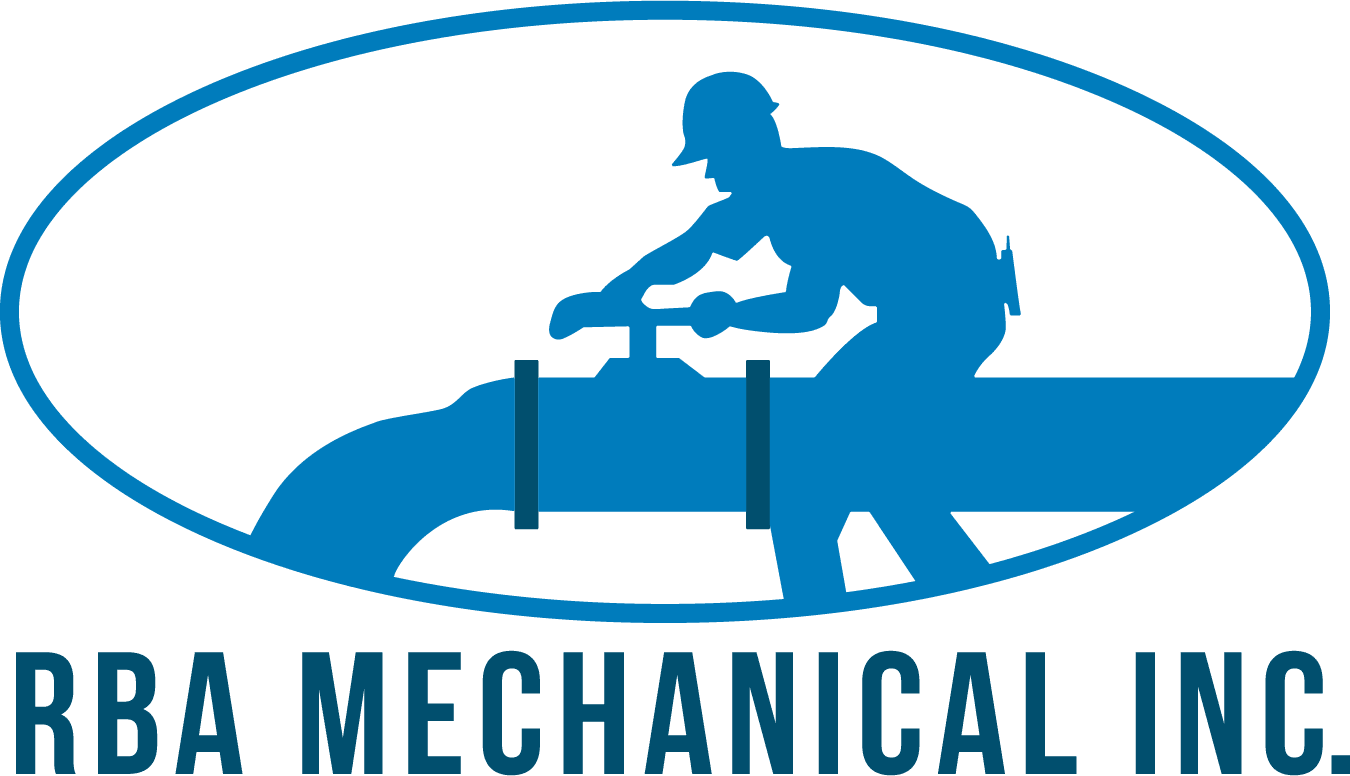The importance of maintenance for hydronic heating heat transfer fluid
Imagine stepping into a home that feels like a warm hug on a chilly day. That cozy comfort is often thanks to an efficient hydronic heating system. Central to this warmth is the heat transfer fluid, which circulates through pipes and radiators, delivering heat where it’s needed most. However, just like any other part of your home’s heating system, the performance and longevity of this fluid hinge on proper maintenance.
Neglecting it can lead to costly hydronic heating repairs down the line and compromise your home’s comfort. In this blog post, we’ll dive deep into why maintaining heat transfer fluids in hydronic systems isn’t just important—it’s essential for efficiency and reliability. Let’s explore how you can keep that warmth flowing smoothly all winter long!
What is a Hydronic Heating Heat Transfer Fluid?
Hydronic heating heat transfer fluid is vital to the operation of hydronic systems. This specialized liquid circulates through pipes and radiators, transferring heat generated by a boiler or heater.
Typically, this fluid can be water or a mixture that includes antifreeze agents for colder climates. Unlike air-based systems, hydronic heating relies on liquids to efficiently distribute warmth throughout your space.
The properties of the heat transfer fluid are crucial. They determine how effectively heat moves from the source to different areas of your home. Properly formulated fluids help maintain consistent temperatures and maximize energy efficiency.
Regular monitoring ensures that these fluids remain effective over time. A well-maintained fluid enhances system performance while preventing issues like freezing or corrosion within the piping network. Understanding its role sets the foundation for successful maintenance practices in any hydronic heating setup.
The Role of Maintenance in Hydronic Heating
Maintenance plays a crucial role in the effectiveness of hydronic heating systems. Regular check-ups ensure that heat transfer fluid remains clean and efficient, allowing for optimal heat distribution throughout your space.
A well-maintained system minimizes the risk of leaks or corrosion, which can lead to costly repairs down the line. By keeping an eye on fluid levels and quality, homeowners can prevent unexpected breakdowns during cold months.
Furthermore, routine maintenance helps identify potential issues early on. This proactive approach reduces downtime and enhances overall comfort in your home.
With proper care, hydronic systems not only operate more efficiently but also extend their lifespan significantly. Investing in maintenance means investing in long-term savings and peace of mind when it comes to heating needs.
Benefits of Regular Maintenance for Heat Transfer Fluids
Regular maintenance of heat transfer fluids is vital for optimal hydronic heating performance. Keeping the fluid clean and properly balanced enhances its efficiency, ensuring consistent warmth in your space.
By routinely checking fluid levels and quality, you can prevent issues like corrosion and scaling. These problems not only affect system efficiency but can also lead to expensive repairs down the line.
Moreover, regular maintenance helps identify potential leaks early on. Addressing these concerns promptly reduces energy waste and minimizes environmental impact.
Another benefit is improved safety. Contaminated fluids can pose risks to both systems and occupants if left unchecked. Ensuring that the heat transfer fluid remains pure safeguards against harmful accidents.
Investing time in routine checks fosters system longevity. A well-maintained hydronic heating system operates smoothly for years, saving you money on premature replacements or extensive repairs later on.
Steps for Properly Maintaining Heat Transfer Fluids
Proper maintenance of heat transfer fluids is essential for optimal performance. Start by regularly checking fluid levels in your hydronic heating system. Ensuring they are within the recommended range helps prevent pump damage.
Next, monitor the fluid itself, including the pH level of the fluid. A balanced pH minimizes corrosion and extends system life. Annual testing will help monitor any changes to the fluid.
Remove any contaminants that may have entered your system over time. The most effective way is using a high quality sidestream filter assembly to trap and remove contaminants from the fluid.
Don’t forget to inspect connections and seals for leaks. Even small issues can lead to significant problems down the line if left unchecked.
Schedule routine professional inspections at least once a year to catch potential issues early on. Maintaining a proactive approach saves both time and money in hydronic heating repairs later on.
Common Issues with Neglected Maintenance and How to Avoid Them
Neglecting maintenance for hydronic heating systems can lead to several common issues. One major problem is sediment buildup and corrosion within the system, which often occurs when heat transfer fluid isn’t regularly checked or treated. This can result in leaks and decreased efficiency.
Another concern involves bacteria, which are organic compounds. Bacteria can infiltrate a system if it is not properly flushed when new. They can also emerge from corroded fittings or valves. Flushing a system excessively with clean water introduces oxygen, which can fuel bacterial growth. The presence of bacteria can cause significant degradation of freeze protection fluids or glycol.
Additionally, air pockets may form if proper bleeding procedures are ignored during maintenance checks. These air bubbles disrupt fluid flow, leading to uneven heating throughout your space.
To avoid these issues, schedule regular inspections with a qualified technician who understands hydronic heating repairs. Regularly testing and treating heat transfer fluids will keep your system running smoothly and efficiently while preventing costly breakdowns down the line. Simple vigilance goes a long way in maintaining optimal performance.
Conclusion: The Impact of Maintenance on the Longevity and Efficiency of Hydronic Heating Systems
Proper maintenance of hydronic heating heat transfer fluid plays a crucial role in ensuring the longevity and efficiency of your heating system. Regular check-ups can prevent minor issues from escalating into costly hydronic heating repairs. By monitoring fluid quality, temperature, and pressure, you can maintain optimal performance.
When heat transfer fluids are well-maintained, they promote effective energy use and enhance comfort levels in your home or business. This proactive approach not only saves money but also extends the lifespan of your entire hydronic system.
Taking time to address maintenance needs cultivates an efficient environment where warmth is consistent and reliable. Prioritizing care for heat transfer fluids means investing in peace of mind for years to come.
Request Service or Get a Free Quote
Use the links below to browse more tips and advice or use the back button on your browser to return to the previous page.

